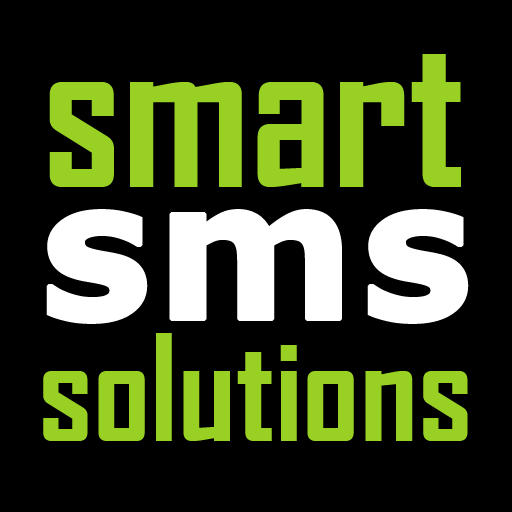SOLEMNIZATION OF HOLY MATRIMONY
Between their Children
#BRIDE_NAME# and #GROOM_NAME#
On #DATE# @ #VENUE#
Time: #TIME#
Reception follows immediately at #VENUE#
- Wedding Invitation SMS
- Hits: 1284
SOLEMNIZATION OF HOLY MATRIMONY
- Wedding Invitation SMS
- Hits: 1284


